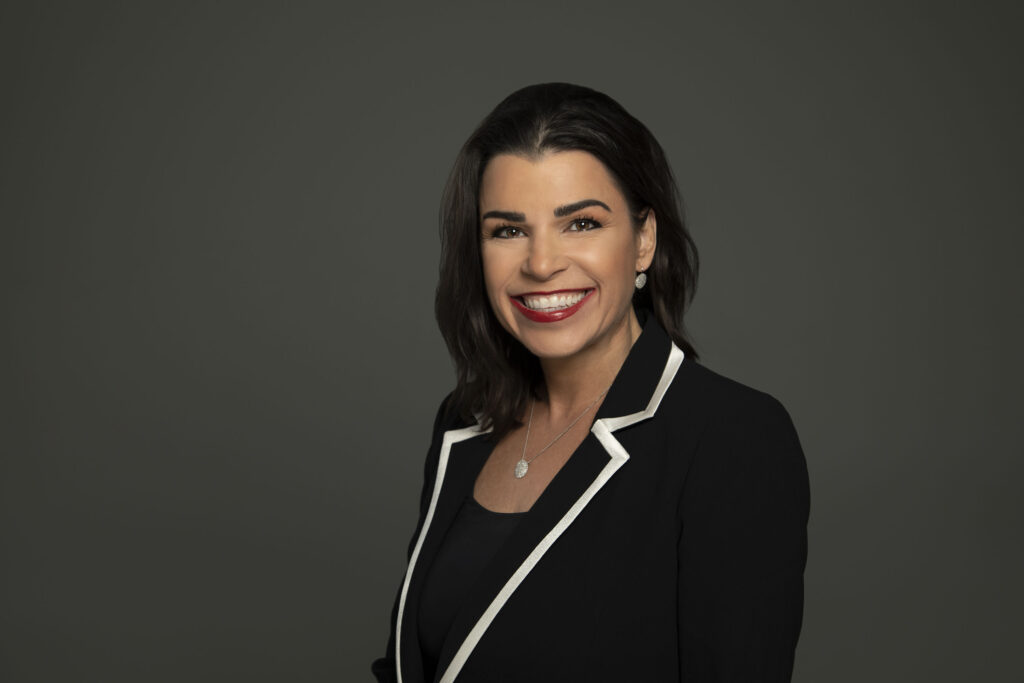In honor of mothers and the important role they play as nurturing protectors over their children, let us also acknowledge the major challenges they are faced with today when it comes to sexual abuse close to home, online predation, over-sexualization, and the desensitization of our children to pornography. It’s obvious that mothers now have a huge responsibility when it comes to safeguarding their kids—one that is becoming increasingly more difficult as technology advances and as communication becomes more isolated.
Learning to better protect our children involves vigilant awareness of these issues and ongoing wisdom on how to best navigate these ever-changing landscapes of abuse and exploitation. It also involves a willingness to initiate conversations that aren’t always particularly fun or comfortable—yet, especially crucial in today’s world. Normalizing the hard conversations and keeping them going is key to prevention and connection when it comes to our kids. We seek to equip mothers in this vital task with resources such as PAXA Pointers for Parents and the below tips for protecting our children in these challenging times.
1. Abusers with Close Ties to our Families
Did you know that 91% of childhood sexual abuse victims report knowing their abuser? Oftentimes children are sexually abused by a parent, step-parent, sibling, aunt/uncle, cousin, or family friend.
In consideration of this fact, we as parents should feel all the more compelled to teach our children the differences between safe and unsafe adults, how to trust their intuition, how to say ‘no,’ and how to speak up if they or a peer is unsafe or has questions about a situation.
If we fail to have these intentional open conversations with our children about language and actions that constitute grooming and abuse, we are leaving the door open to confusion around this crucial topic. If we do not share this important information with them, who will? By normalizing the conversation and providing language around this topic, we equip them to be empowered when it comes to staying safe, advocating for themselves, and identifying potential harm.
2. Strangers Online
Another prominent area of concern today is that of online predators. One out of nine kids is approached online by one of the 500,000 predators stalking the internet and social media/gaming platforms. Oftentimes, these types of predators pose as like-aged peers in order to lure children into online conversations and build a trusting relationship so that they can manipulate them later.
It is vital that we urge our children to avoid accepting friend requests and messages from anyone they don’t personally know, as well as educate them on the dangers of the online world. Addressing these common traps offers our children helpful knowledge, wisdom, and safety.
Additionally, we can help protect our little ones in a more hands-on capacity by monitoring their online conversations, ensuring that anything potentially predatory is not permitted for continued engagement and that their devices are set to the highest level of privacy, only allowing age-appropriate content. One of the most important things we can do is ensure our kids that they will never be in trouble for coming to us to share something that feels unsafe and that it is never their fault.
3. Pornography Indoctrination
It’s no secret that our world today is more desensitized to pornography than it has ever been before. Did you know that your child’s cell phone is set by default to allow pornography and explicit content and that even Siri can be a portal to dangerous content on the web?
Not only is hardcore pornography a continual exposure threat to anyone venturing online but our eyes and minds are also constantly flooded with pornographic images in our everyday lives—from billboards to social media, to video games, to magazines, to television commercials—normalizing and ultimately desensitizing our society to these types of images.
While we cannot shield our children’s eyes from all public ads, we can do our part by (1) setting up parental controls on our computers, televisions, and mobile devices and (2) talking with our children about the dangers of pornography, being transparent about how prevalent it is in society – that they may even come across it if they’re not seeking it out – and providing a safe space for their vulnerable questions, concerns and struggles surrounding this topic. Assure them that nothing is off limits when it comes to talking to their safe adults and that there is no shame in being open about how it may have made them feel.
Ultimately, no one is perfect when it comes to the role and responsibilities of motherhood within such a complicated world. Yet, it is never too late to begin protecting our kids from these dangers. The most dangerous thing we can impose on our children is the sense that they should keep secrets out of shame or fear, for once we can openly talk about these things, they lose their taboo and power. We can do this by being open and honest about these realities, sharing our own stories and experiences (encouraging them that they are not alone), offering helpful knowledge and practical tools, and remaining a safe, loving resource to our children at all times.
Interview with Brevan McAlpin about empowering future business leaders(Opens in a new browser tab)
Mothers can also be catalysts in bringing system-wide change through SPEAK UP, which equips and empowers our public schools, and REAL TALK to educate our churches, providing solutions and programs to protect our children on a global scale. Elizabeth Fisher Good is the founder and CEO of The Foundation United, a catalytic platform to end sexual exploitation and trafficking through systemic change. Fisher Good is a passionate pioneer and inspirational thought leader with a desire to expose the root issue behind sex trafficking — childhood sexual abuse. Her book “Groomed” (HarperCollins, 2020) recounts her own story of loss, abuse, and triumph. Additional helpful resources and statistics are available at https://www.thefoundationunited.com/statsandresources.
